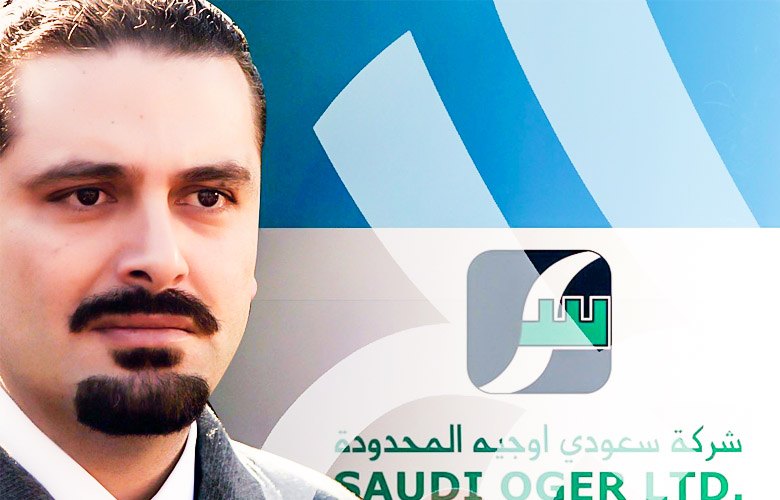AhlulBayt News Agency - The Hariri family has enjoyed the backing of Saudi Arabia for years in exchange for acting as proxies for Riyadh’s policies in Lebanon. But more recently, the Saudis seem to have been distancing themselves from the Hariris and the March 14 alliance.
Observers see the latest Saudi stance on Hariri’s Oger financial crisis as a sign of dissatisfaction on the part of the Saudis.
In March, Saudi daily Okaz reported that authorities had taken measures to hold “Saudi Oger” Giant, owned by former Lebanese PM and head of the Future movement Saad Hariri, accountable for salary delays.
Saudi Oger has been granted billions of dollars in deals by the Saudi government. It has taken significant construction projects in the kingdom but is now paralyzed by an economic slowdown.
Some blame the low oil prices for the lack of cash in light of the Saudi expenditure cuts.
However, the deputy crown prince, chair of the Council for Economic and Development Affairs, defense minister and favored son of King Salman, whose power is on the rise, has addressed Hariri’s Oger Telecom in an interview with Bloomberg in April.
Mohammad bin Salman point the finger back at the Hariris.
"We have paid them many instalments, but they have debt in and out of Saudi. So as soon as money is transferred to their bank accounts, the bank withdraws it. Saudi Oger can't cover their own labor costs. That's not our problem, that's Saudi Oger's."
Nevertheless, some claim that this is not a valid excuse and that the underlying reason for this row is politically-motivated. It all goes back to the March 14 alliance and Saudi meddling in Lebanon’s affairs, particularly against Hezbollah, the Lebanese resistance group.
After Saudi Arabia and several other [Persian] Gulf Cooperation Council branded Hezbollah a terrorist group, Riyadh expected its allies in Lebanon to follow suit. However, this did not happen.
Lebanese Interior Minister Nouhad Machnoukk, who is also a March 14 member, rejected a joint statement at an Arab summit in Tunisia that classified Hezbollah as a terrorist organization, since the group is a member of the Lebanese government. This did not quite appease his Saudi counterpart who requested that his statement be recorded in the minutes.
On the other hand, Hariri then justified the Saudi decision as being wrought upon Hezbollah by its own actions, referring to its involvement in Syria. Still, it appears that this was not enough for the Saudis.
The reason why March 14 refrained from following Saudi’s lead in blacklisting Hezbollah, however, can be drawn from the instability and uproar it would cause within the Lebanese community. This may put March 14 under scrutiny and deeply polarize the country. Such a move would have had dangerous repercussions on the country’s national interests. So, torn between Beirut and Riyadh, March 14 chose indecisiveness.
Yet this decision, it seems, is not without a price. The Saudi-backed Future Movement and arch-opponent of Hezbollah is being pressured into further submitting to Saudi’s policies, the Oger financial crisis being used as leverage by policy-makers in Riyadh.
/129
source : Al Waqt
Saturday
7 May 2016
3:40:02 PM
752707

Report: Hariri’s Finances in Palm of Riyadh
